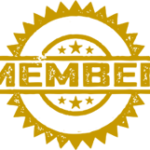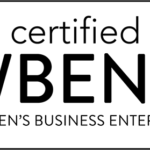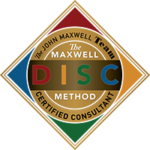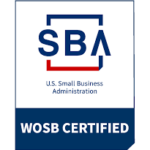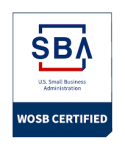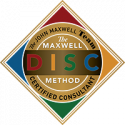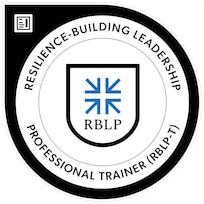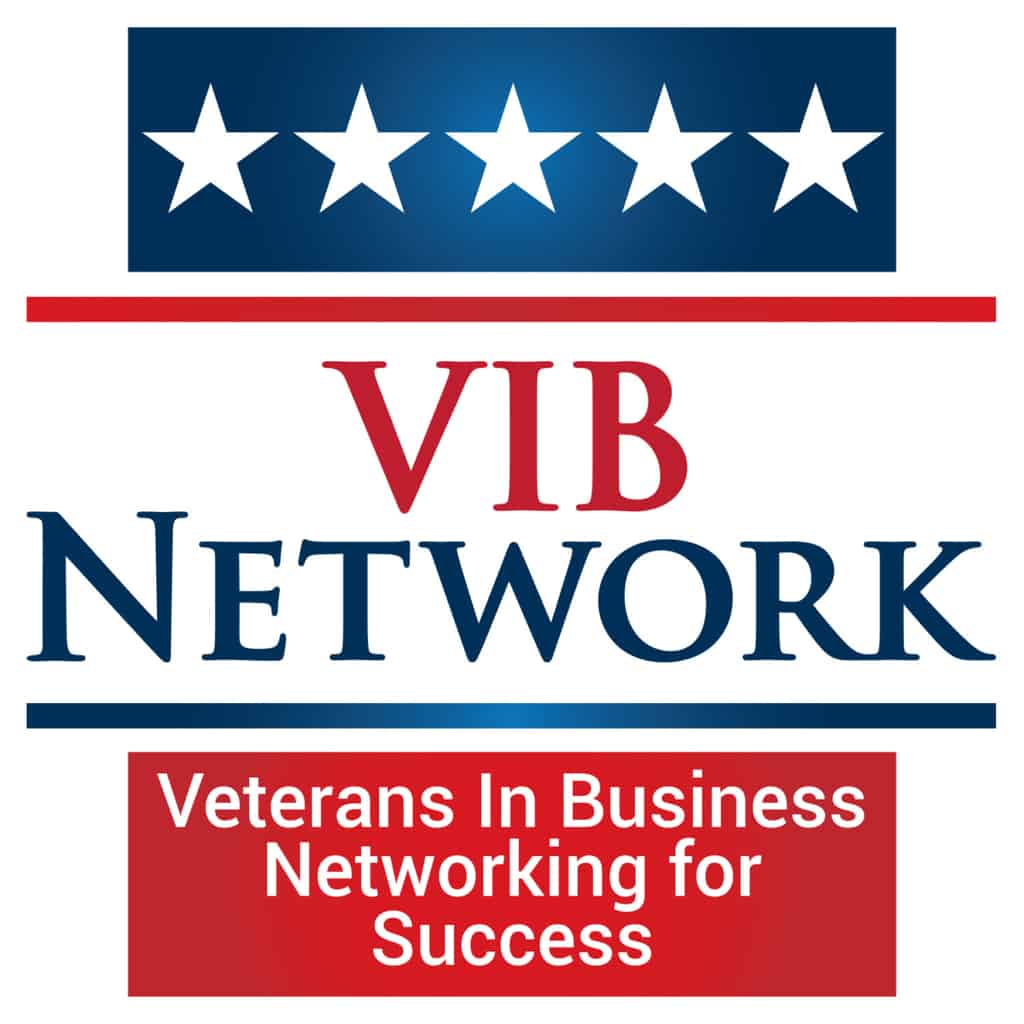There’s no doubt that being a jack of all trades puts you at a huge advantage at work, but let’s face it – teamwork makes the dream work!
When you collaborate with others, multiple minds are working to execute a task, making it more efficient, enjoyable, and even less stressful.
A survey from Fierce found 86% of US employees blame lack of collaboration for setbacks in the workplace. The absence of clear communication, not being receptive to feedback, and an overall unhealthy environment diminish productivity and affect employee retention.
We all want to excel in our chosen careers, be recognized, and have fulfillment knowing our contributions are valued inside the organization to which we belong.
In this article, we’ll help you ensure you’re adding value, as well as help you find fulfillment in adding value to your team.

Understanding the Value of Contribution
The act of contributing doesn’t just mean participating and belonging to a team, it’s about adding unique, meaningful value to whatever you and your team are trying to accomplish. It could be making the task lighter, fixing issues, improving communication, and even motivating your team.
Teamwork unites diverse skills, experiences, and perspectives. Each member of the team brings unique strengths and expertise to the table, which can lead to more comprehensive problem-solving and innovative solutions.
This also means you and your team are now one; one person’s problem is now everyone’s problem, and of course, sharing the same triumphs.
Identifying Personal Strengths and Skills
To identify how you can contribute to your team effectively, the first thing to do is identify your personal strengths and weaknesses. Ask yourself what you’re good at and what skills need extra work.
If you know you’re good at numbers and analyzing data and your team is struggling with it, don’t hesitate to step up and help. The same goes when you are finding it difficult to accomplish something – just reach out.
It’s important to be conscious of which tasks your team can depend on you and which tasks you need help with. Remember, weaknesses aren’t bad, it just means there are things that we haven’t fully learned yet.
This is also one of the primary reasons why it’s great to be with a healthy team; you know you’ll always have help, and you can depend on each other when faced with demanding tasks.
It’s also essential to promote continuous learning and skill development inside your team. You can help one another in enhancing your skills or attend seminars together.

Building Strong Interpersonal Relationships
You spend around eight to nine hours every day in your workplace. If you don’t have a functioning relationship with your colleagues, or worse, if there’s tension in the workplace, you’ll likely lose motivation, and probably start looking for another company.
Interpersonal relationships are key indicators you’re in a healthy team. A healthy environment is necessary for growth, but it also takes a bit of work.
To build a harmonious work environment for your team, you should promote three characteristics: trust, respect, and open communication.
Trust is a major foundation of every relationship, that includes the relationship you have with your team. If everyone knows you can depend on each other, then every task will just come off easily.
A culture of respect is also beneficial in the workplace. It means showing appreciation for an individual’s time and effort, as well as establishing clear boundaries.
Lastly, having open communication is another key item for a healthy collaboration. Everyone should have a voice inside the team, not only the leader. Disagreements are normal inside the workplace, but that doesn’t mean you don’t have the power to say “NO.”
When your team promotes these three characteristics, you can ensure your team is collaborating positively and can guarantee you will be able to resolve conflicts and overcome challenges constructively.

Celebrating Achievements and Learning from Failures
It’s important to celebrate your team’s accomplishments, as well as a team member’s personal accomplishments, whether inside or outside the office.
In addition to that, don’t take setbacks personally. Failure only means you’re trying and you’re still growing. See failures as an opportunity for growth not only for yourself, but also for your team.
Your team must be resilient and determined to bounce back in the face of discouragement.
Remember, you will not always be at 100%, and sometimes, setbacks are simply a part of life.
Finding Personal Fulfillment in Team Success
You and your team’s personal contributions – regardless of your titles and functions – make an impact on your team’s overall performance. But most importantly, your teamwork cultivates growth and effective collaboration, this makes it easier to handle the next projects.
Real fulfillment comes when the combined effort of the team produces a result greater than the sum of your individual efforts.
According to a study from the Institute for Corporate Productivity (i4cp) and Rob Cross, companies that promote collaboration were 5 times more likely to be high-performing.
Another study from Daniel Sgroi (Social Media Market Foundation) reported that happy employees mean 20% more productivity, a significant number that could lead to more success.
Great collaboration doesn’t only mean accomplishing your task without fail. The real purpose is to have meaningful collaboration and that everyone’s effort is recognized and respected.
Conclusion
Don’t just go to work to finish your tasks and go home – you can create meaningful relationships and help others with the things they’re struggling with. Being able to contribute to other people’s lives is where real growth comes in, and that’s what it means to have real fulfillment.
Embracing collaboration, promoting growth, and contributing positively to your collective goals not only enriches the team dynamics, but also promotes a sense of purpose and satisfaction within yourself.
As you strive to make meaningful contributions and uplift those around you, remember the true essence of fulfillment lies not just in what you accomplish alone, but in the lasting impact you create together.






